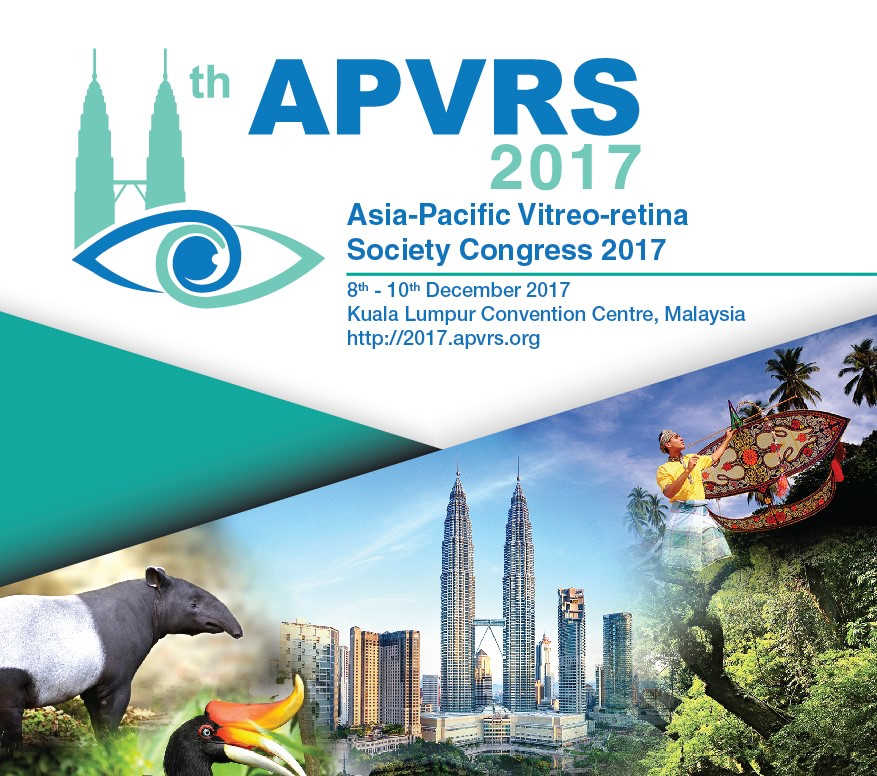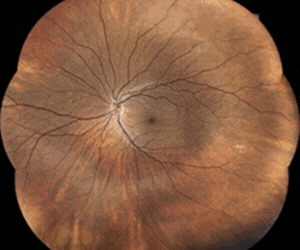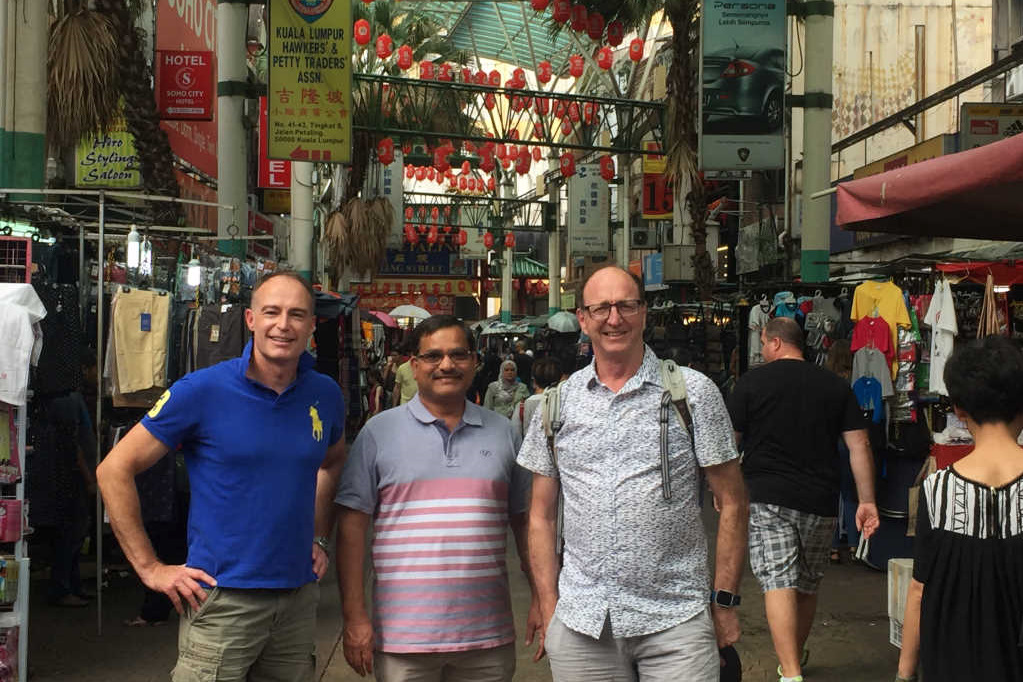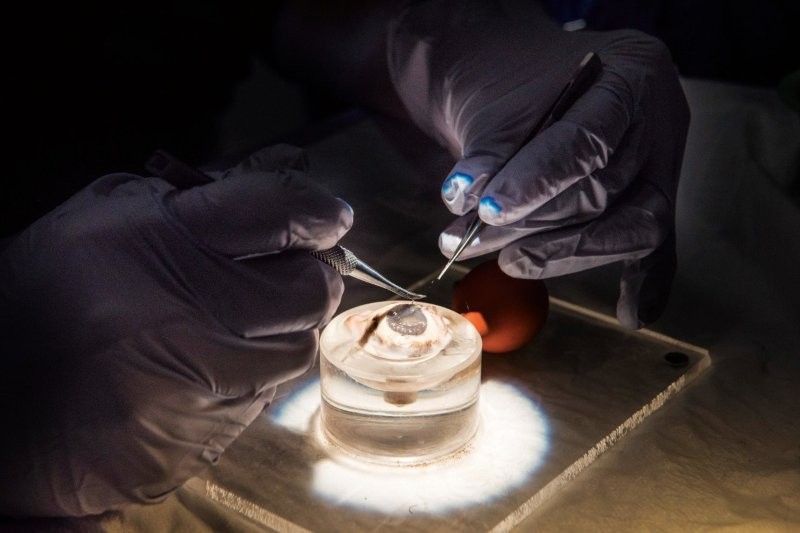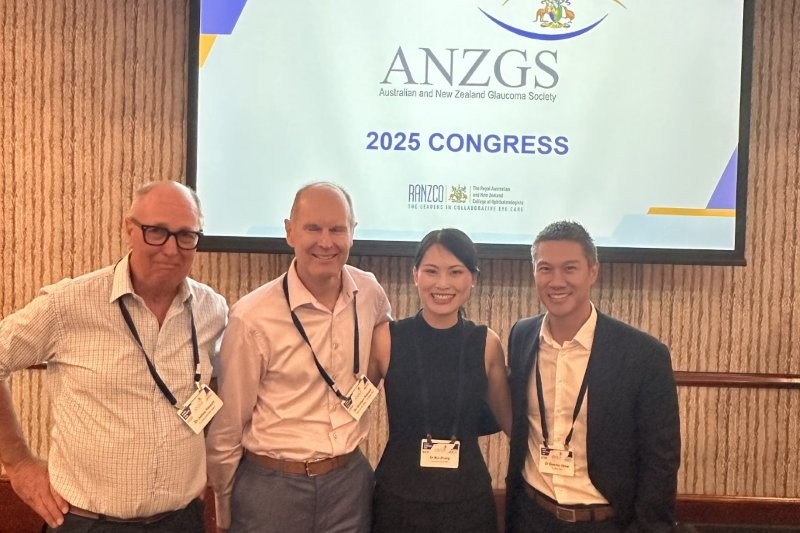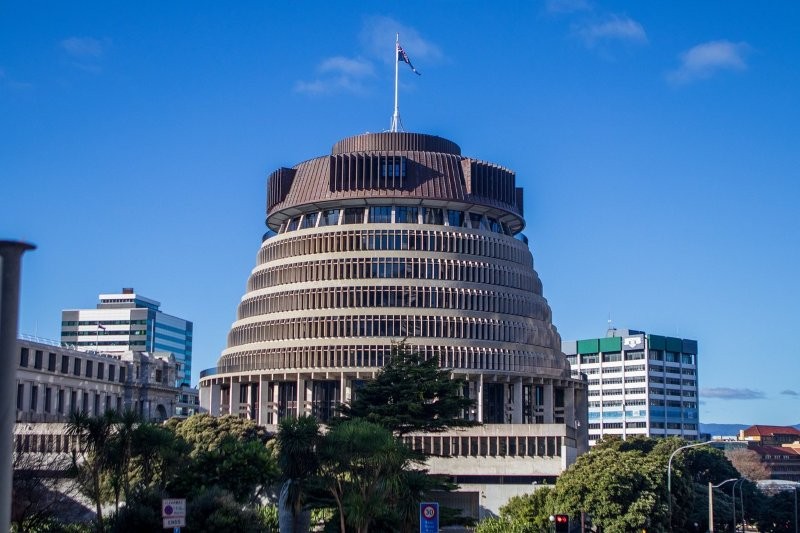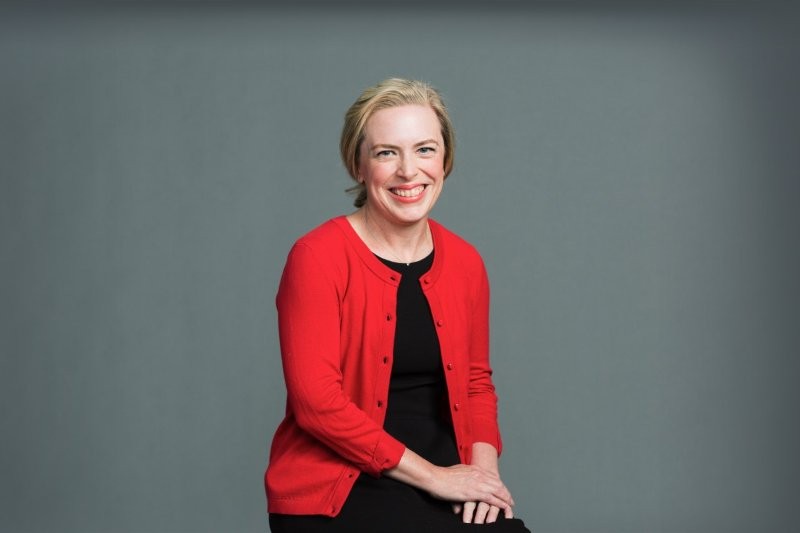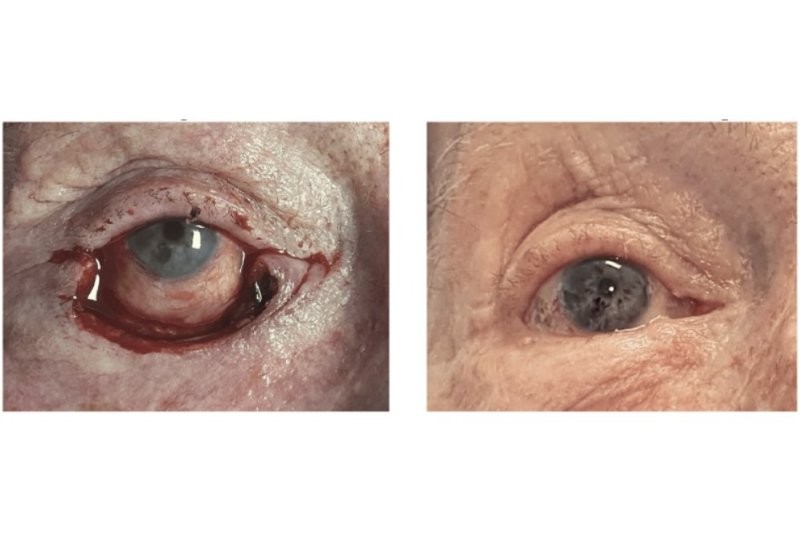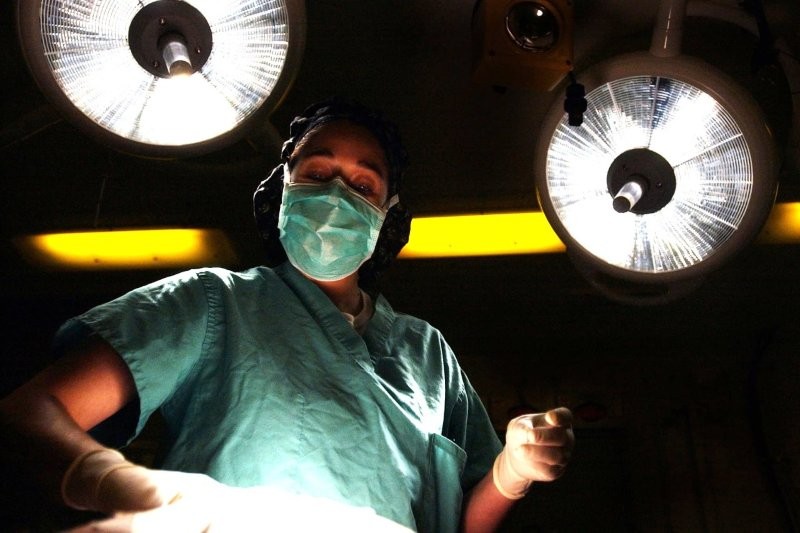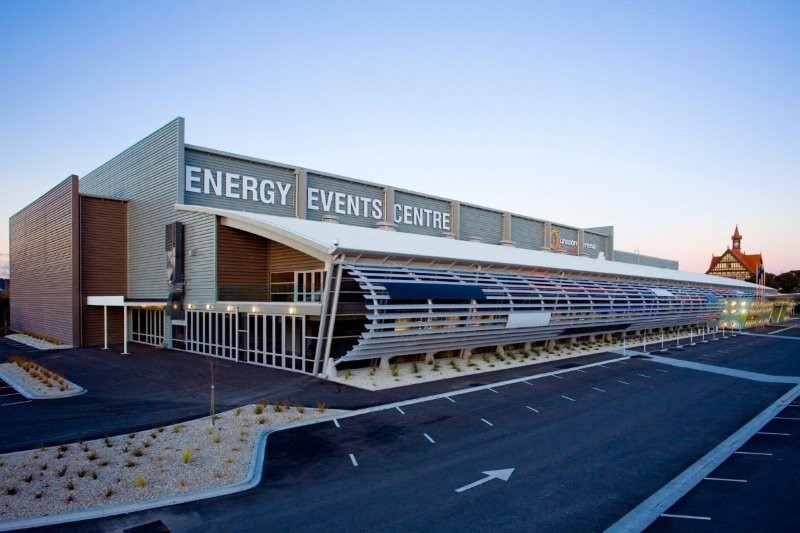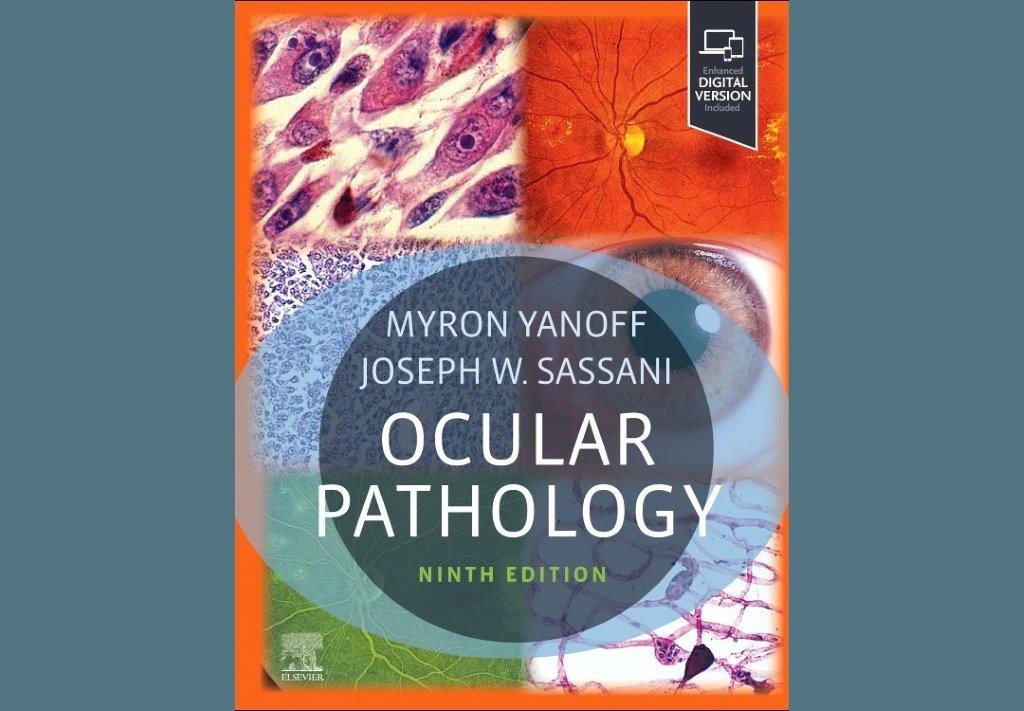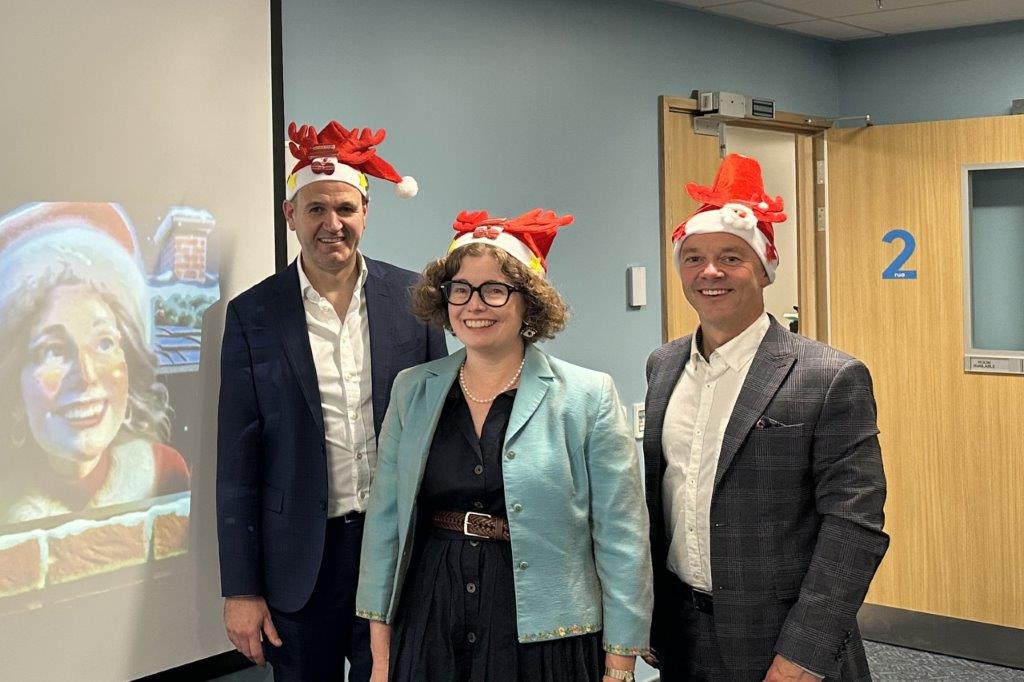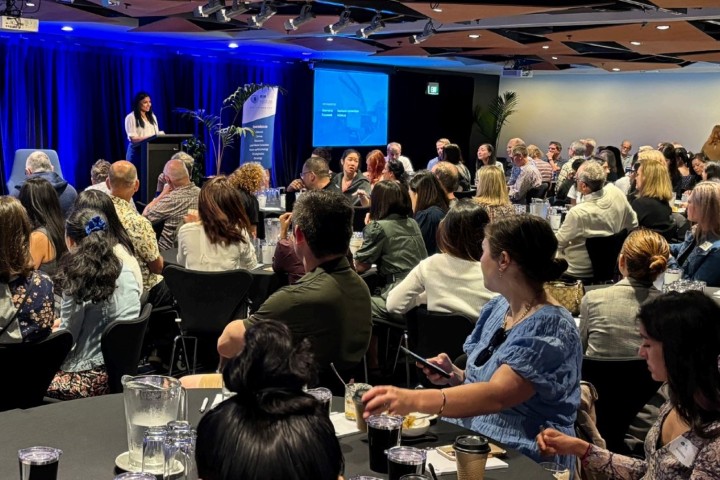APVRS 2017 and an update on Eylea
The 11th Asia-Pacific Vitreo-retina Society (APVRS) Congress was held in December in Kuala Lumpur, hosted by the Malaysian Society of Ophthalmology. Enthusiastic hosts, beautiful Asian food, the latest technology from sponsoring companies and a scientific programme to interest all, greeted some 2000 delegates.
The Congress was held in the Malaysian National Convention Centre, just opposite the Petronas Twin Towers. James Bond wasn’t in town, but the Tano lecture delivered by Professor Taraprasad Das from India on endophthalmitis following cataract surgery, attracted a large audience. The other named lectures were equally well-supported, delivering and sharing a wealth of information with the region. It is great to go and listen to experts who have clearly identified problems and can offer some solutions based on clinically published evidence, modified by real life experience. Quoting to a patient with diabetic macular oedema that Eylea will get you back to driving standard 18 months faster than a generic anti-VEGF, for example, as demonstrated by Bayer’s Vivid study, may have great relevance for your patient.
I also enjoyed the first-hand experience of the investigators on Bayer’s Clarity Study (the latest update published in The Lancet in May 2017) who reported on how aflibercept (Eylea) was superior to panretinal photocoagulation for proliferative diabetic retinopathy. Maybe my days hunched over a laser are coming to an end! Perhaps I can cancel my scheduled appointments with my chiropractor?
In addition to the named lectures, the Congress programme included a number of masterclass sessions covering such topics as the timing of intervention for eyes that have suffered significant trauma. There was also a masterclass session on the surgical management of diabetic eye disease and assessment of retinopathy of prematurity. This cluster of talks was aimed at the general retinal specialist and those just starting out, to let them know about the latest findings.
There were also sessions for the more technologically-geeky on new applications on different devices, artificial intelligence, robotic developments and software programmes designed to help with mass screening. There were plenty of free papers as well, reporting on all manner of studies from Asia and beyond.
The results of the Planet study into the management of that variant of age-related macular degeneration, namely PCV (polypoidal choroidal vasculopathy) were also presented in Kuala Lumpur. While this disease is likely to be more prevalent in Asia as opposed to New Zealand, it is being increasingly recognised here. Essentially, after two years, the Planet study demonstrated that Bayer’s anti-VEGF treatment aflibercept is effective as a monotherapy for PCV patients and had better outcomes than a combination therapy of anti-VEGF and photodynamic therapy.
The Asia Pacific Vitreo-retinal Society is only about a decade old, formed as the result of a conversation between APVRS secretary-general, Professor Dennis Lam, and the late Professor Yasuo Tano from Japan. It is now a fully mature society hosting not only the annual meeting but supporting colleagues throughout the region. One APVRS programme I was especially interested in, was the mentoring scheme, where experienced VR surgeons team up with newbies from developing countries to offer advice and support online. The ability to transfer images internationally, means a colleague working by him or herself in perhaps more remote regions, for example, can obtain another opinion from someone who might have encountered something similar. Equally, a more experienced colleague’s literary knowledge may help a colleague who has less access to a well-resourced library.
The medium-term goal of APVRS is to get onto an even footing with Euretina and the American Society of Retinal Specialists. With the growth of specialists in the region, together with the encouragement and support of younger colleagues - as evidenced by the mentoring programme, and travelling scholarships etc. - I think that goal will be achieved in the very near future.
The next APVRS meeting is in Seoul, South Korea on 14-16 December 2018, and I would recommend retinal colleagues attend.
*Dr Philip Polkinghorne is an associate professor in the Department of Ophthalmology at the University of Auckland, a visiting lecturer at Otago University and a consultant ophthalmologist with Auckland Eye and the Greenlane Clinical Centre. A specialist in retinal, vitreo-retinal and cataract surgery, he also has subspecialty training in medical and surgical retina and is active in clinical and basic science research.
